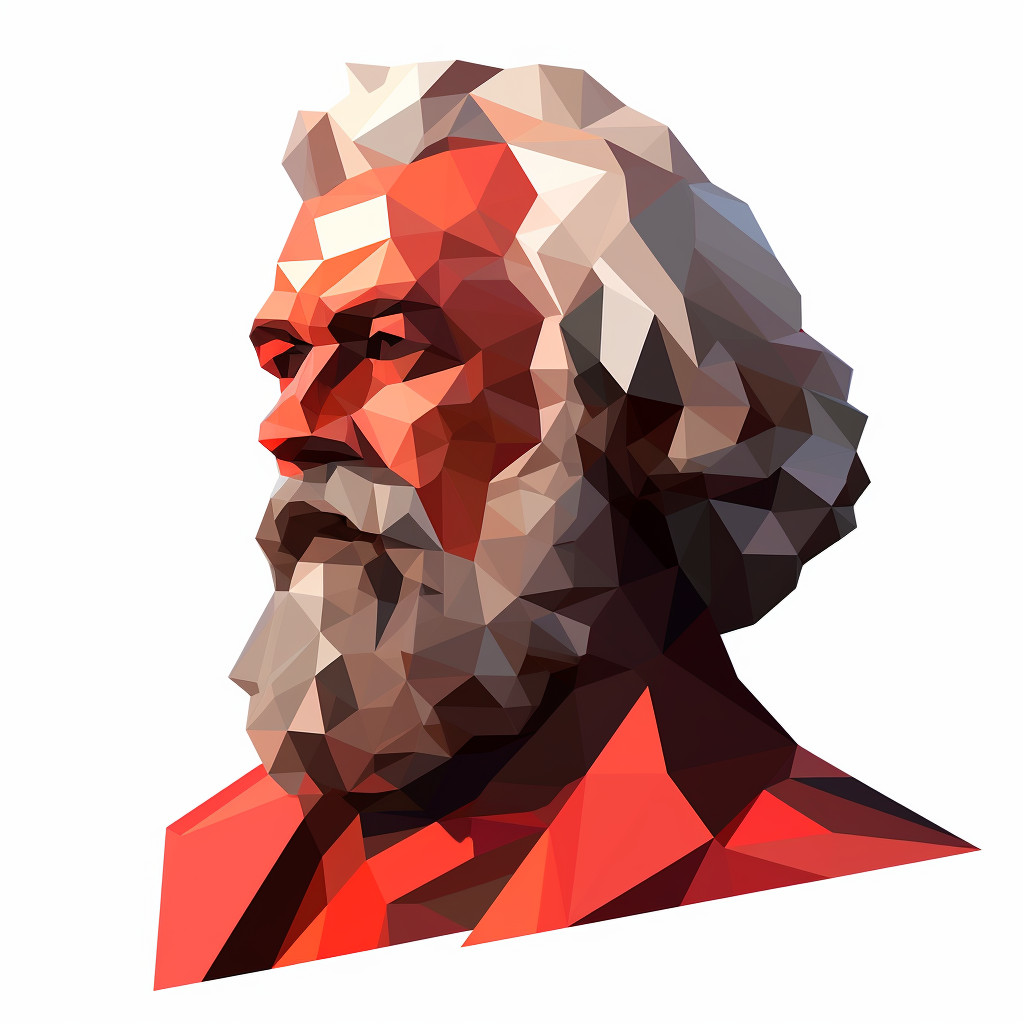This quote suggests that physical pain can serve as a distraction from mental suffering, as it forces the individual to focus on immediate, tangible discomfort rather than abstract emotional distress. It’s not an endorsement of self-harm or violence, but rather a commentary on the human tendency to prioritize physical well-being over mental health.
From a psychological perspective, this quote might be interpreted as highlighting the power of mindfulness, a practice that involves focusing one’s attention on the present moment, often through awareness of physical sensations. When we’re in physical pain, our attention is drawn to the here and now, away from past regrets or future anxieties that might be causing mental suffering.
In today’s world, this idea could be applied in various ways. For instance, people might engage in intense physical exercise not only for its health benefits but also for its ability to provide a mental ‘break’. The physical strain compels them to concentrate on their body, their breathing, and their movements, giving them a temporary respite from their worries.
In terms of personal development, this quote might inspire individuals to cultivate a stronger mind-body connection. This doesn’t necessarily mean seeking out physical pain, but rather learning to tune into physical sensations as a way of grounding oneself in the present and mitigating mental distress. Practices such as yoga, meditation, or even simple breathing exercises can help achieve this.
However, it’s important to note that while physical activity or mindfulness can certainly aid in managing mental suffering, they are not a substitute for professional help in cases of severe mental health issues. This quote should not be interpreted as suggesting that physical pain is a solution for mental health problems, but rather as a reminder of the complex interplay between our physical and mental experiences.








